Bulbs
Flower Basics
Flower Beds & Specialty Gardens
Flower Garden
Garden Furniture
Garden Gnomes
Garden Seeds
Garden Sheds
Garden Statues
Garden Tools & Supplies
Gardening Basics
Green & Organic
Groundcovers & Vines
Growing Annuals
Growing Basil
Growing Beans
Growing Berries
Growing Blueberries
Growing Cactus
Growing Corn
Growing Cotton
Growing Edibles
Growing Flowers
Growing Garlic
Growing Grapes
Growing Grass
Growing Herbs
Growing Jasmine
Growing Mint
Growing Mushrooms
Orchids
Growing Peanuts
Growing Perennials
Growing Plants
Growing Rosemary
Growing Roses
Growing Strawberries
Growing Sunflowers
Growing Thyme
Growing Tomatoes
Growing Tulips
Growing Vegetables
Herb Basics
Herb Garden
Indoor Growing
Landscaping Basics
Landscaping Patios
Landscaping Plants
Landscaping Shrubs
Landscaping Trees
Landscaping Walks & Pathways
Lawn Basics
Lawn Maintenance
Lawn Mowers
Lawn Ornaments
Lawn Planting
Lawn Tools
Outdoor Growing
Overall Landscape Planning
Pests, Weeds & Problems
Plant Basics
Rock Garden
Rose Garden
Shrubs
Soil
Specialty Gardens
Trees
Vegetable Garden
Yard Maintenance
Is Olive Oil Bad for Septic Tanks?
Is Olive Oil Bad for Septic Tanks?. As a homeowner you're responsible for maintaining your septic system. Properly maintaining your septic system protects your investment in your home. When properly designed, constructed and maintained, your home septic tank system will provide long-term and cost effective treatment of your household waste. If you...
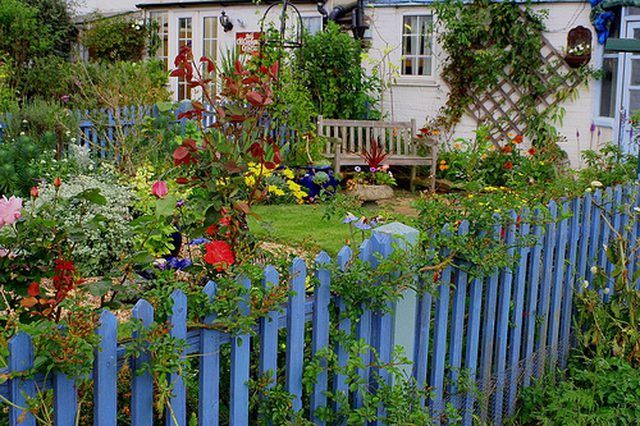
As a homeowner you're responsible for maintaining your septic system. Properly maintaining your septic system protects your investment in your home. When properly designed, constructed and maintained, your home septic tank system will provide long-term and cost effective treatment of your household waste. If you ignore or mistreat your system it may back up and require frequent pumping or costly replacement. Treat you tank kindly and know how household items like olive oil, grease, solvents and cleaning and paper products affect your system.
Function
Most home septic systems contain four main parts; a pipe carrying waste from the home, the septic tank, a drain-field and soil. The septic tank allows solid materials to settle and form a sludge and grease and oil to float to the top of the tank. Water flows through the tank to carry dissolved materials into the drain field or soil where they decompose and tiny micro-organisms in the soil remove contaminants and digest waste-water.
The primary purpose of the tank is to contain and hold the waste for 2 to 3 days while the solids settle and oily materials float to the top. The organisms in the tank immediately start to break down waste.
The water overflows and is carried to the drainfield. The drainfield is a series of interconnecting pipes laid in trenches filled with sand or gravel. The pipes are perforated with holes that allow the water to disperse into the soil. The soil filters bacteria, viruses and other toxic materials.
A malfunctioning septic tank system can cause odor problems and contaminate groundwater that may be a source of drinking water. If you plan to sell your home, your septic system is required to be in good working order.
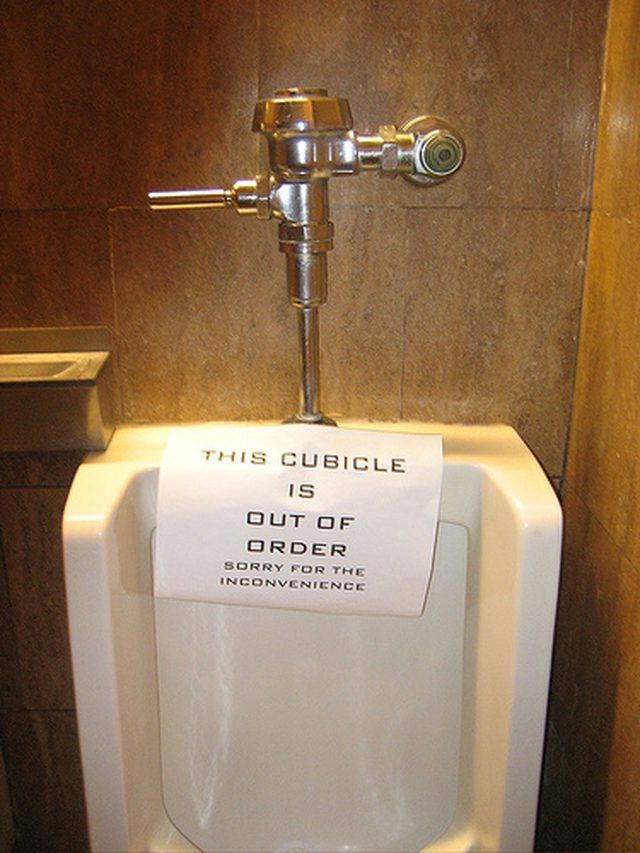
Preventing Problems
Never flush feminine hygiene products, excessive amounts of toilet paper, diapers, cotton swabs, dental floss, cigarette butts, cat litter, paper towels or other potentially clogging materials down your toilets. Be very careful not to flush baby or sanitary wipes. These clothes contain tiny reinforcement plastic fibers that will not decompose. They will quickly over-whelm the septic system. These items can become stuck or trapped in the system and cause back up and system failures. Septic tank systems are designed and constructed to process organic materials only.
Additionally, avoid planting trees or shrubs with tenacious roots such as willows in the area of the drainfield. These roots can bind around and break or clog the drainfield pipes.
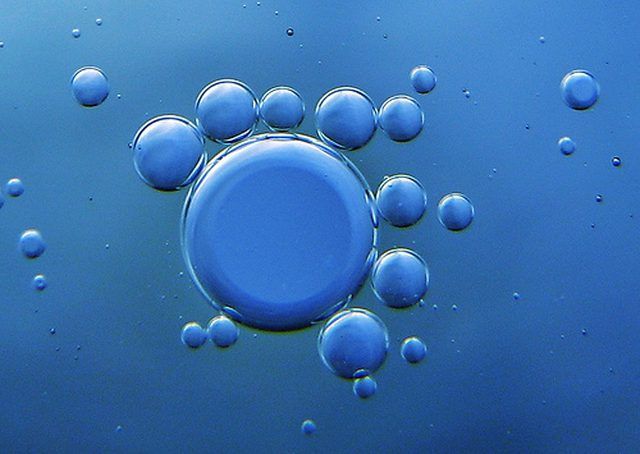
Chemical Contamination
Never flush toxic chemicals, solvent, paint or chemical based cleaning products into the system. These ingredients will kill the natural micro-organisms that process the waste.
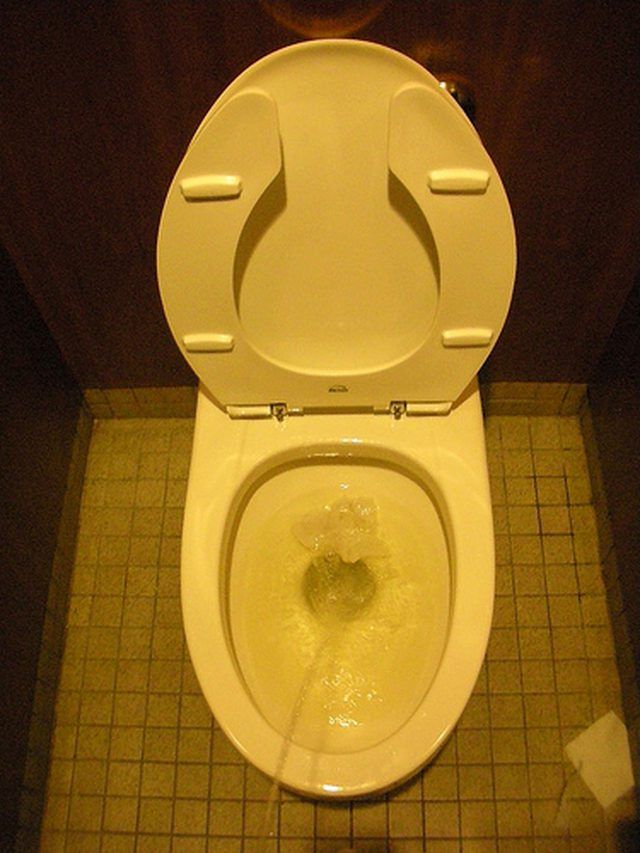
Oil and Grease
Avoid allowing a lot of grease and oil to go down the kitchen drain. Never put bacon grease, vegetable oil or olive oil in the system. The small amount of organic oil that goes into the system as a result of kitchen clean-up and washing dishes is fine; these are organic materials and will cause no harm. Be aware that too much of this heavily viscous liquid can upset the balance of the system. Pour off all excessive oil and grease in a container for proper disposal rather than pouring it down the sink.
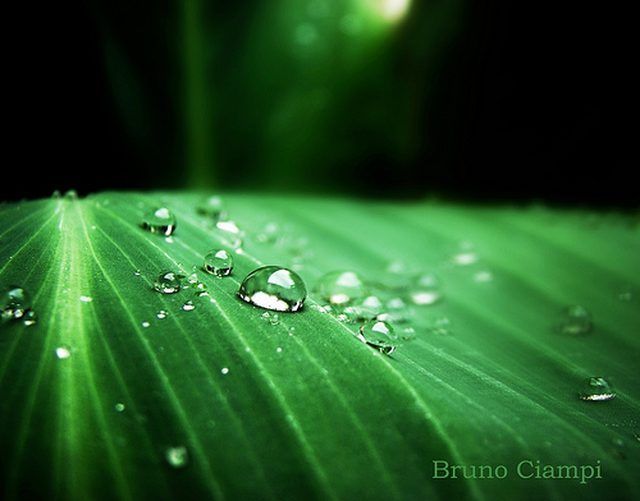
Septic Tank Maintenance
Septic tanks should be of a size that handles the waste capacity of the home. Tanks that are too small allow solid wastes to float out of the top of the tank into the pipes in the drainfield. These solids can then clog the pipes.
Be aware of the volume of water that enters your system. Conserve water when possible not to overtax the capacity of the system. Check the filters on your washing machine so that excess lint is not carried into the system.
Have your septic tank checked annually by a plumbing professional and pumped out if required. It is important that sludge and scum do not build up to the point that they overflow into the drainfield pipes as this may require costly excavation and repairs.
Add oxygen to the system by monthly pouring 2 cups of powdered oxygenated bleach in the toilet and flushing immediately. The oxygen is beneficial to maintaining healthy organisms that consume the waste.
